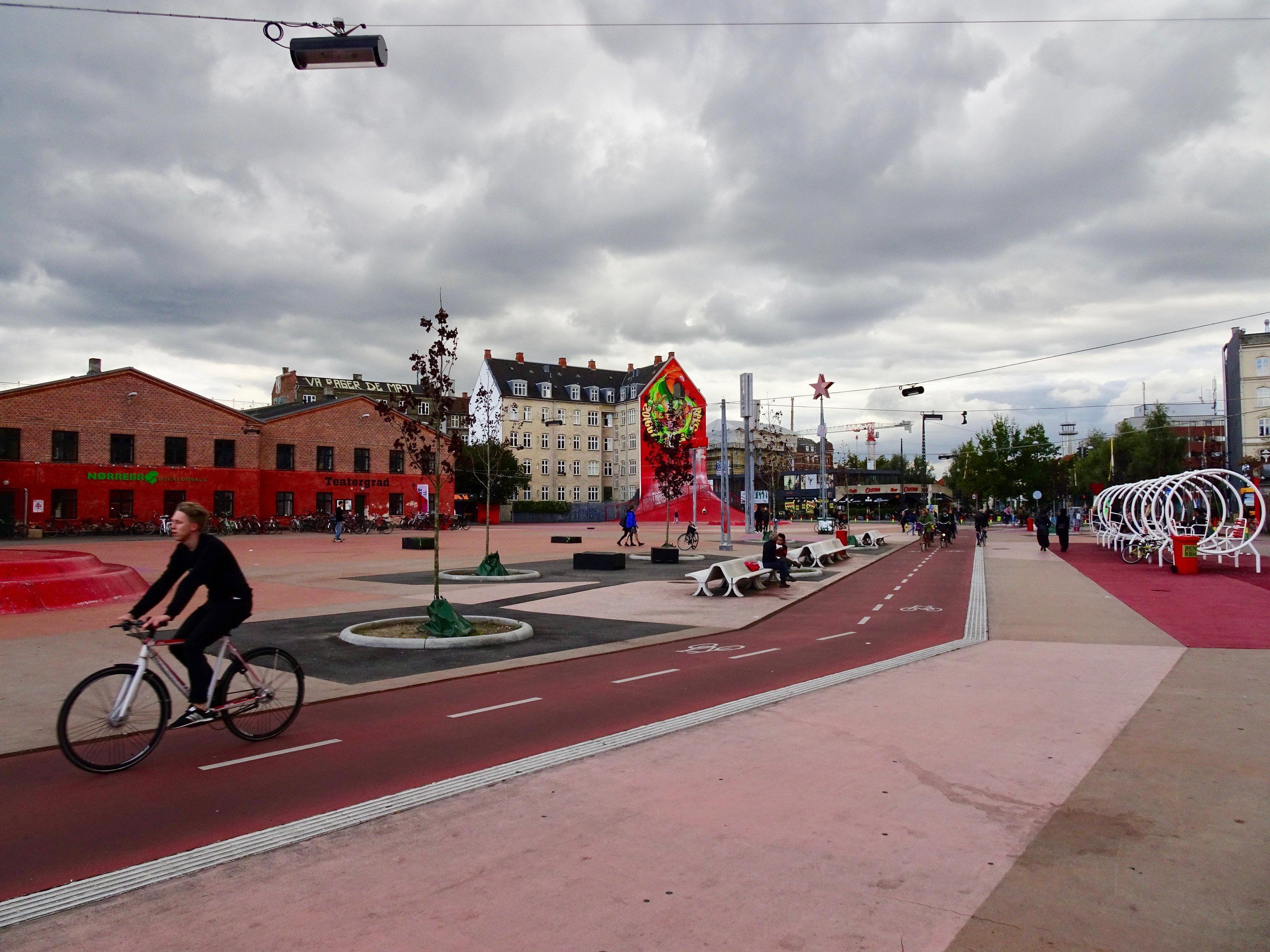May 2, 2018
Aging is no laughing matter
Posted by Nicola Bagalà in categories: biotech/medical, life extension
Sometimes, people laugh imagining themselves as elderly people. Would they laugh imagining themselves as diseased?
If you watched a TV show, or read a comic book, where the difficulties and suffering of an oncological patient were portrayed in a disrespectful, humorous way, you would likely be outraged; at the very least, you would think that the show or comic book was in seriously bad taste. You’d probably think the same about similar material involving a disabled person or anyone who, because of an incurable disease, had only a short time to live spent in increasing misery—for example, a child affected by progeria, a disease that may best be described as a sort of accelerated aging syndrome that kills off its victims in their mid-twenties at the very latest.
Yet, it is not uncommon to see the diseases of old age, and even elderly people in general, being laughed at in just such a way without causing much outrage at all. Why is there a difference?


















